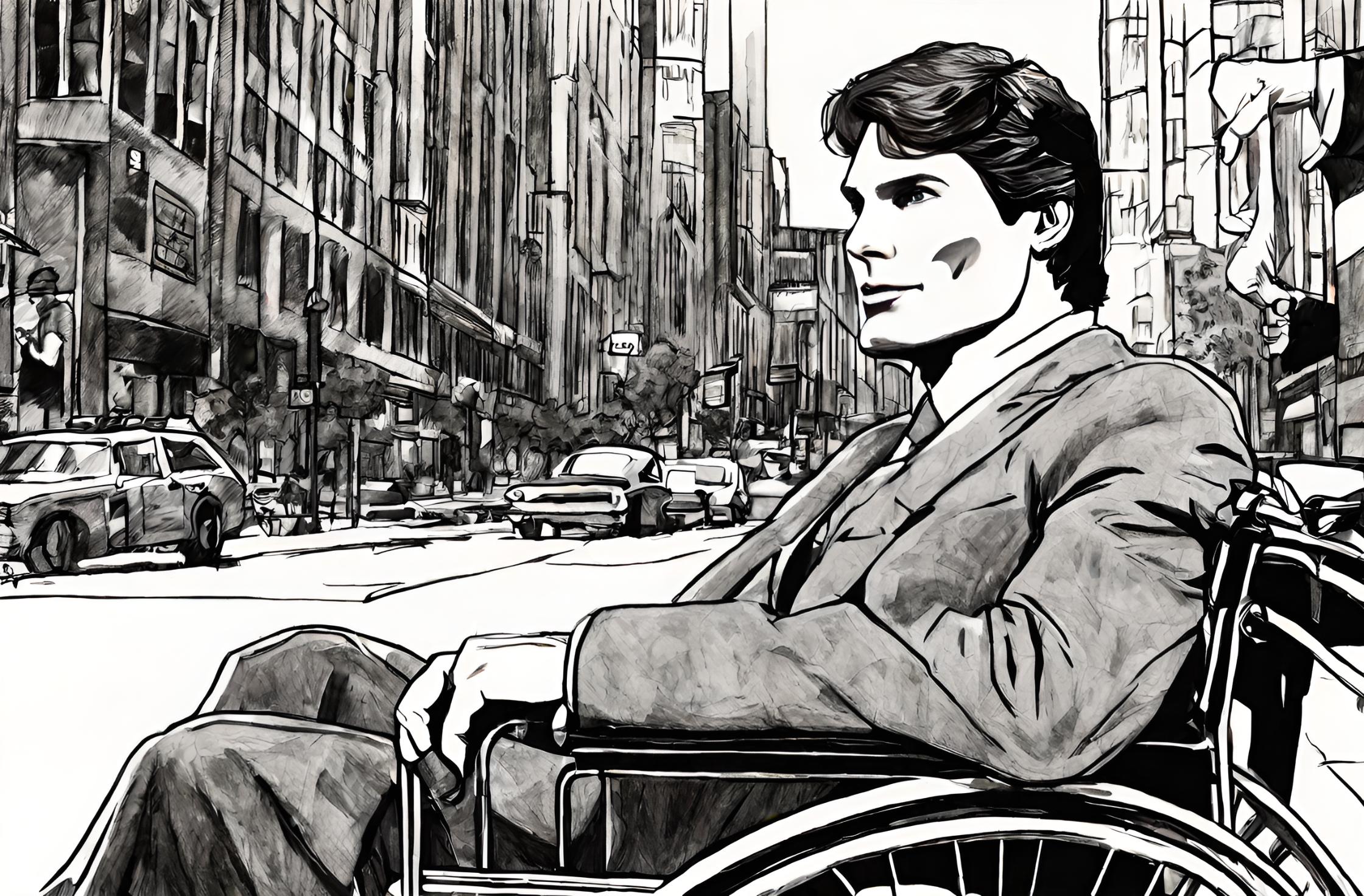Flashback to July 2
Entertainment History

1995
In Charlottesville, Virginia, actor Christopher Reeve is paralyzed from the neck down after falling from his horse in a riding competition.
Read moreOn May 27, 1995, an unfortunate incident took place in Charlottesville, Virginia, involving actor Christopher Reeve. Reeve, famously known for his portrayal of Superman, was participating in a riding competition when he fell from his horse, resulting in a devastating injury that left him paralyzed from the neck down. This event not only affected Reeve himself but also brought awareness to the importance of safety precautions in equestrian activities.
The incident occurred during the Commonwealth Dressage and Combined Training Association’s horse competition, where Reeve was riding his horse Eastern Express. While executing a routine jump, Reeve was thrown off his horse and landed headfirst onto the ground. The impact of the fall caused severe damage to his spinal cord, leaving him with almost no movement or sensation below his neck.
Christopher Reeve immediately became a symbol of strength and resilience. Prior to the accident, he had been an active and athletic individual, known for his passion for adventure and physical activities. However, following the incident, he faced numerous challenges and had to adapt to a completely different way of life.
Reeve’s injury brought attention to the risks associated with horseback riding and the importance of safety precautions. Equestrian sports can be thrilling and rewarding, but they also come with inherent dangers. Riders are exposed to potential falls, impacts, and other accidents that can have life-altering consequences.
Since Reeve’s accident, there have been significant advancements in safety measures and equipment in equestrian activities. Helmets, body protectors, and specialized saddles with safety features have become common in the industry. Equestrian organizations and competitions have also implemented stricter rules and regulations to enhance the safety of riders and horses.
One of the positive outcomes of Reeve’s tragic accident was the increased awareness and understanding of spinal cord injuries. As a result of his own experience, Reeve became an advocate for medical research and advancements in treating paralysis. He established the Christopher and Dana Reeve Foundation, which has been instrumental in funding research, promoting rehabilitation, and improving the quality of life for individuals living with paralysis.
Reeve’s determination and positive attitude throughout his journey inspired millions around the world. He proved that a life-changing injury doesn’t have to define one’s existence and that one can still contribute to society in meaningful ways despite physical limitations.
The incident in Charlottesville, Virginia serves as a reminder of the importance of taking necessary precautions in any physical activity, especially equestrian sports. Riders should prioritize their safety by wearing appropriate protective gear, receiving proper training, and adhering to guidelines and rules set by the equestrian community.
the accident involving Christopher Reeve in Charlottesville, Virginia on May 27, 1995, highlighted the potential risks associated with equestrian activities. It brought attention to the importance of safety measures and the need for continuous improvements in equipment and regulations. Most importantly, Reeve’s resilience and advocacy have made a lasting impact on the lives of people living with spinal cord injuries, inspiring them to never give up and continue fighting for a better future.
We strive for accuracy. If you see something that doesn't look right, click here to contact us!
Sponsored Content

Match Game begins its…
Match Game, the iconic…

Larry Walters uses 45…
On July 2, 1982,…

The one millionth Corvette…
On July 2, 1992,…

